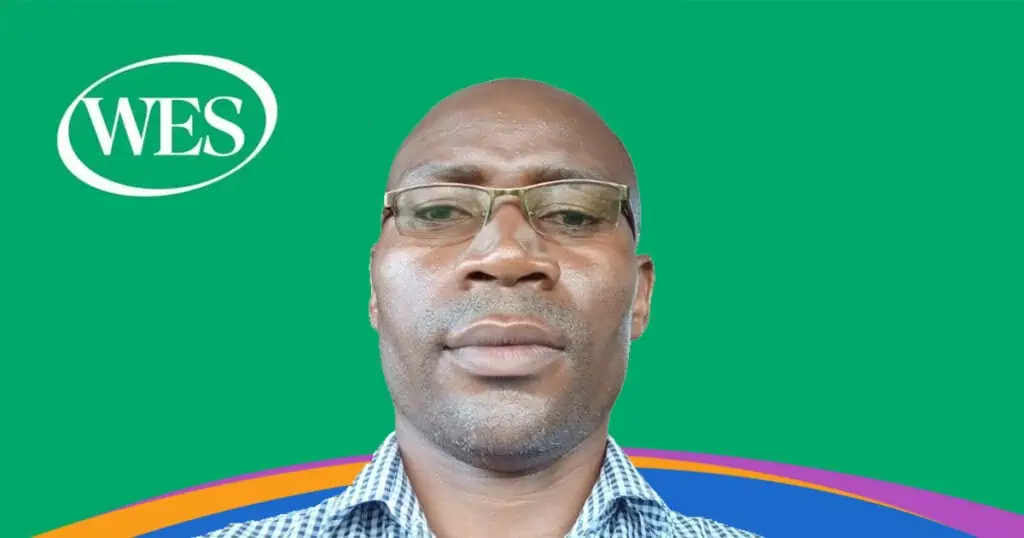A Guide to Universities in North America for Students with Special Needs
The great thing about the modern age is that we understand that everybody deserves a chance despite physical challenges. And, with people like Ludwig van Beethoven, Franklin Roosevelt, Helen Keller, and Frida Kahlo, who broke barriers and showed the world they were more than their disabilities, it is no wonder universities want to make their institutions as accessible as possible.
Services at Canadian Universities
Universities in Canada have gone out of their way to make education as inclusive as possible. From disability and equity services to disability awareness training, post-secondary Canadian schools make sure that everybody has the same chances when taking courses at their institutions.
Some of the special needs the departments cover are:
- Vision and hearing impairments
- Mobility difficulties
- Attention deficit disorders
- Learning disabilities
Besides the physically built services, like ramps and specially designed environments, universities also coach the teachers and staff on how to adapt their curriculum and what strategies to adapt when teaching students with special needs.
And, because Canada wants to help as much as possible, student orientation programs are made available for everyone, presenting how notetaking, exams, and tutoring programs work and how you can take part in them.
When it comes to funding, there are also many scholarships available for students with disabilities. They usually come separately: some for those with physical disabilities and some for those with learning deficits. Also, special funding for materials and adaptive technology are both at provincial and federal levels and many universities choose to use them to make the learning experience as easy and as fair as possible.
Besides all this, universities also make sure that students can participate in extracurricular activities and projects, making a point of including people with special needs and encouraging them to live and have a great studying experience.
Services at American Universities
Universities in the U.S. also have on-campus offices that help students with disabilities. Since the Disabilities Act of 1990, all American universities must account for some minimum requirements for students who need special conditions to study.
For instance, some of the extra steps some universities take for students with disabilities are:
- Creating a separate registration process
- Providing specialized diagnostic testing, placement services, workshops, seminars, and support
- Special courses for students with attention deficits and learning disabilities
- Individual support from disability specialists
- Projects like ABLE and STEP Ahead, which make sure pupils transition from high school to campus life easily
- Organizing adapted physical education community programs, which are sporting events and teams for all levels of abilities
Additionally, classrooms are equipped with auxiliary materials and aids to create an equal study environment for all students. Another great thing about American universities is that some are specifically focused on students with special needs. Landmark College, in Vermont, is run for students with learning disabilities, suiting everything from curricula and seminars to their needs.
Other universities you should consider for your secondary studies are:
- American University Washington DC
- Lesley University
- Manhattanville College
- Westfield State University
- Hofstra University
Canada and the U.S. Are Great Study Destinations for Students with Disabilities
Both Canada and the U.S. have the well-being of their students in mind. Although Canada may be more focused on aid and materials specifically designed for special needs students, the U.S. encourages social programs and activities to integrate special needs students into the community.
Still, with both offering counseling and help with the basics for a student, like finding suitable accommodation, finding a job after graduation, and assistance with taking exams, organizations in Northern America want their students to succeed and are doing everything in their power to do so.
Related Reading
A Guide to Studying in the U.S. for International Students with Disabilities




